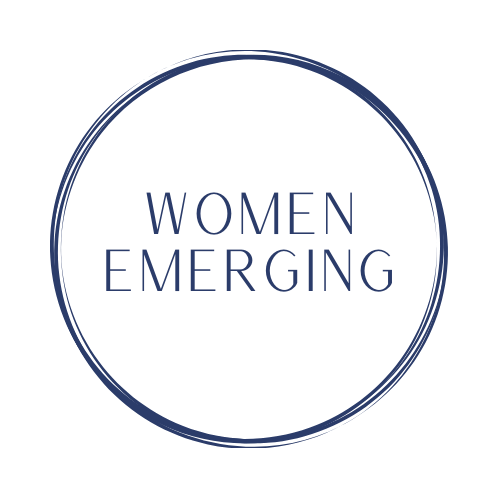Think again, you are not an imposter. You’re a trailblazer. A risk-taker. A rule-breaker. And that uncomfortable feeling? It isn’t a sign you’re failing — it’s a powerful sign that you’re growing. Take a fresh look as your discomfort and doubt serves you as a path to becoming and a catalyst for growth.
Have you ever felt like you are just faking it — like everyone around you has it all figured out, and any minute now they’ll realize you don’t? If so, welcome to the club. It’s called the Imposter Syndrome, and you’re in excellent company.
First identified in 1978 by psychologists Pauline Clance and Suzanne Imes, the phenomenon originally coined the “Impostor Phenomenon”—now widely known as “Impostor Syndrome”—was used to describe high-achieving women who struggled to internalize their success. Despite accolades, accomplishments, and distinguished achievements, they often felt like frauds.
Globally, Imposter Syndrome affects people across cultures, professions, and socioeconomic backgrounds. Many struggle with internalized self-doubt, often driven by societal pressures and unrealistic expectations. While it appears worldwide, its expression is shaped by cultural context. In Western cultures that emphasize individual achievement, it often manifests as self-doubt or fear of being “found out.” In other cultures, strong societal and familial expectations can heighten the pressure to succeed quietly and without error—making people less likely to share their struggles. The stakes can feel even higher for those breaking barriers or entering spaces where few have gone before.
A U.S. studies found 70 percent of high-achieving professionals experience the Syndrome, according to the American Psychological Association. Yes, even that confident business coach, bestselling author, unapologetic keynote speaker, or social influencer you follow. Interestingly, the International Journal of Behavioral Science found that 55% of women and 45% of men experience these feelings at some point in their careers.
The rise of social media has amplified comparison and the sense of inadequacy. While the Imposter Syndrome isn’t classified as a mental disorder, it can significantly impact confidence, performance, and overall well-being. Addressing it may require cultural shifts, stronger support systems, and greater mental health awareness.
But what if you stopped seeing it as a flaw—and started viewing it as evidence that you’re expanding beyond your comfort zone?
The truth is, we rarely feel like imposters when we’re doing things we’ve already mastered. Personally, I prefer the term imposter phenomenon. “Phenomenon” implies something remarkable—a new, impressive, or unusual experience. And that’s exactly what’s happening when you take on a new job, lead a project, or launch something bold. The self-doubt creeps in because you are learning something totally new or leveling up enhancing a current capacity,
Educational theorist Jack Mezirow called this a “disorienting dilemma”—a moment that shakes your assumptions and nudges you toward a new way of seeing yourself and the world. Sure, it’s uncomfortable. But that discomfort is proof that something powerful is happening. You are right at the edge of growth—whether you’re stepping into new roles, taking bold risks, or daring to dream bigger. That anxious flutter in your chest? It’s not a sign you’re in the wrong place. It’s a sign you’re exactly where you need to be.
So instead of letting self-doubt hold you back, let it be your internal compass, point you toward growth, transformation, and passion. Reframe it—and own your brilliance! Fabulous looks great on you!
Rev. Dr. Shea has worked throughout six continents, with world leaders, Fortune 500 CEOs, household names in business, politics, and entertainment. Leadership visionary, speaker, talk show host, author, intuitive healer, and everyday mystic. She can be reached at heather@everydayknowings.com.





